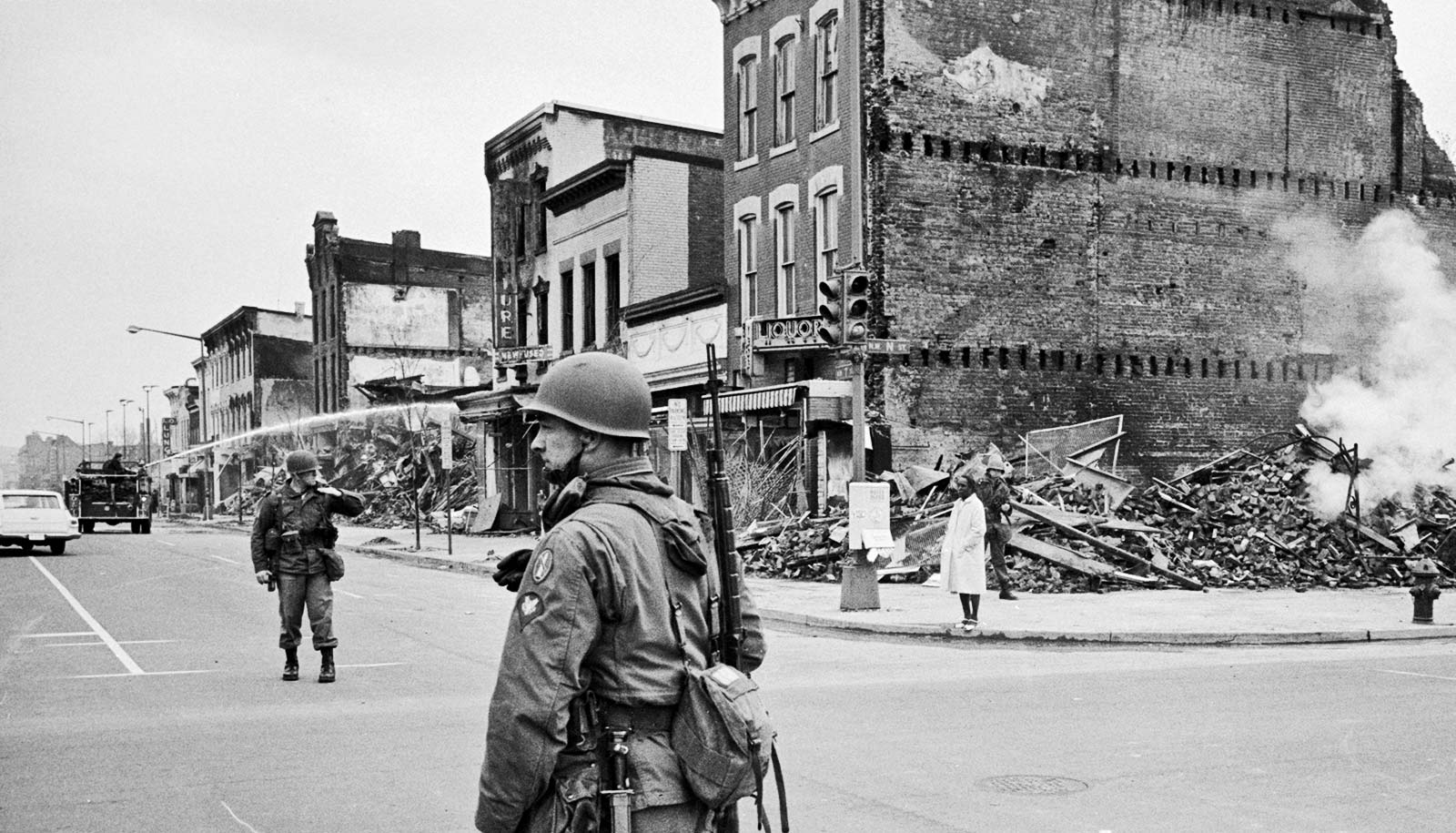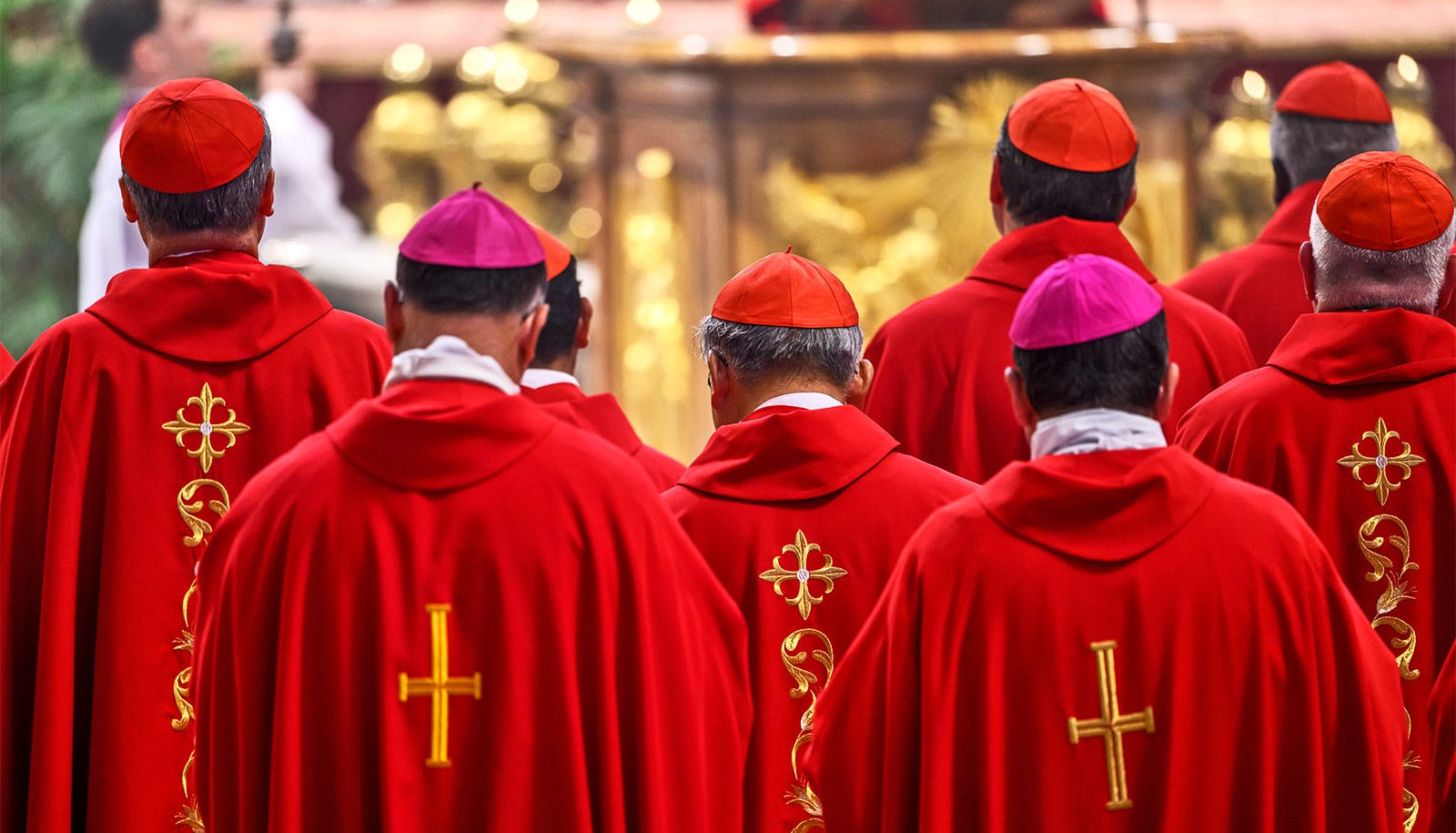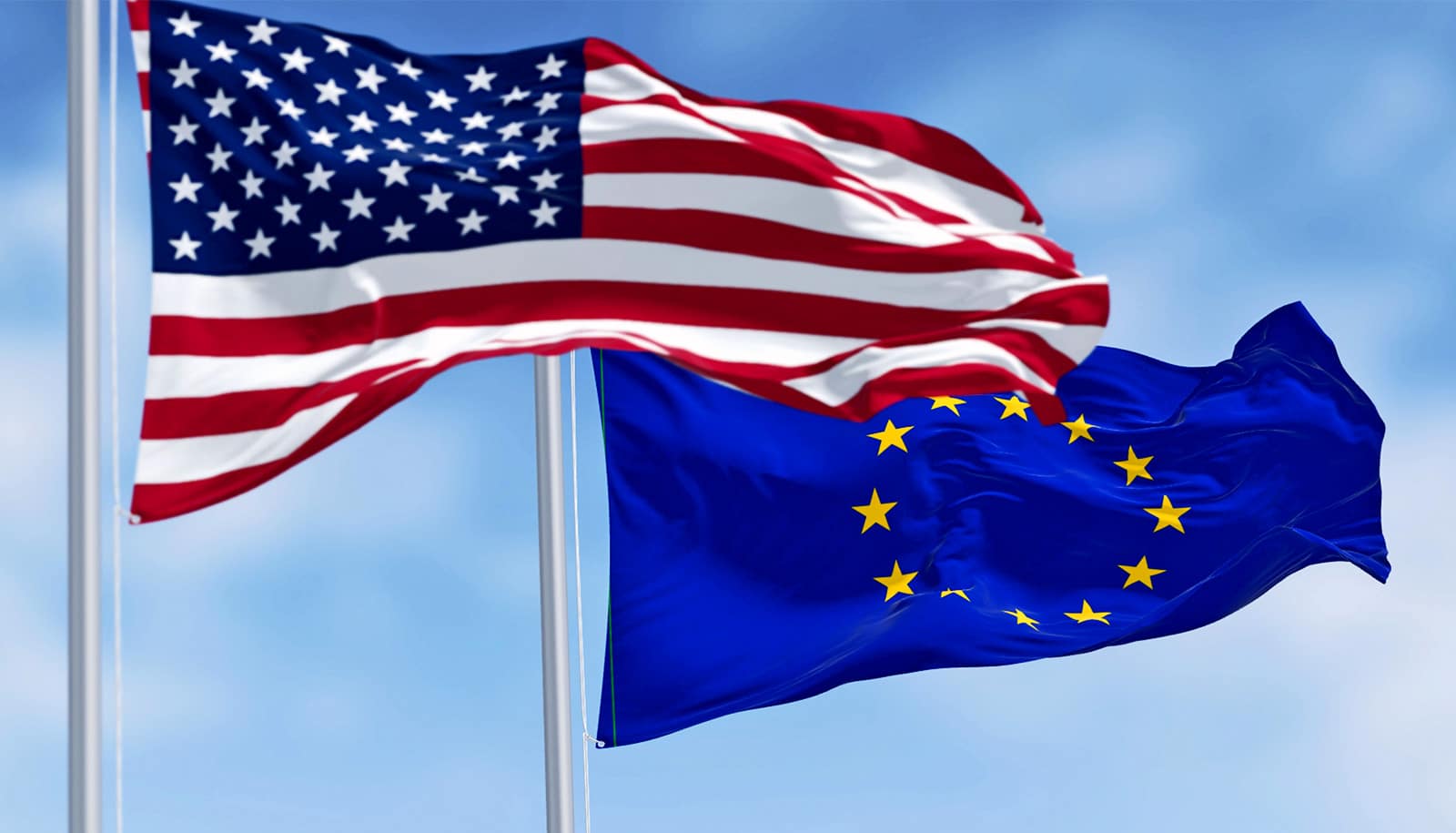Fifty years after the assassination of Martin Luther King Jr. and Robert Kennedy and the period of chaos and confusion afterwards, the events of 1968 still shape our lives today, New York University’s Tim Naftali and Nikhil Pal Singh argue.
Naftali, a clinical associate professor of public service and of history, and Singh, associate professor of social and cultural analysis and history, say the tumultuous period of American history still resonates through our infrastructure of law and order, the practice of civil disobedience, and the ability to ask: “When can you say ‘no’ to your own government”?
“In 1968, younger people were redefining what it was to be American,” Naftali says. “They were redefining the relationship between the state and the individual.”
“We are still witnessing and being affected by the psychodrama of the boomers debates amongst themselves,” Singh says.
Here, the two discuss the events of the tragic year and how it stays with us today.
Writer Pete Hamill recalls RFK campaign and assassination
Source: NYU



